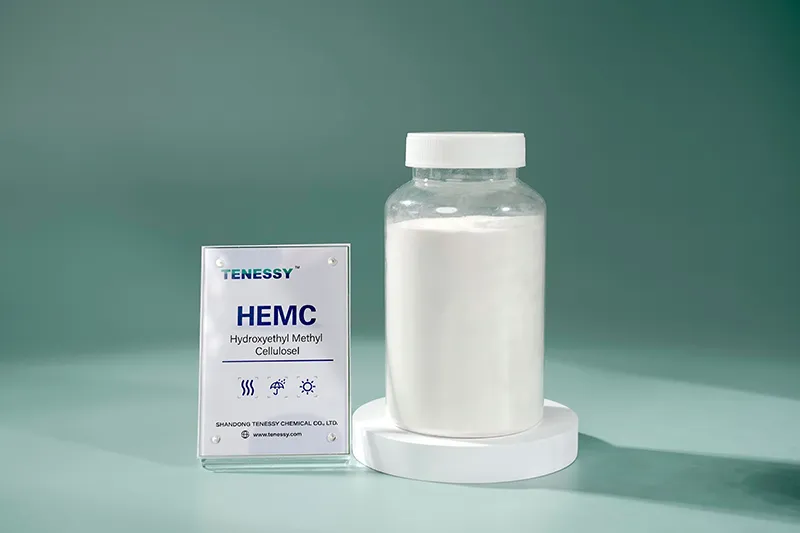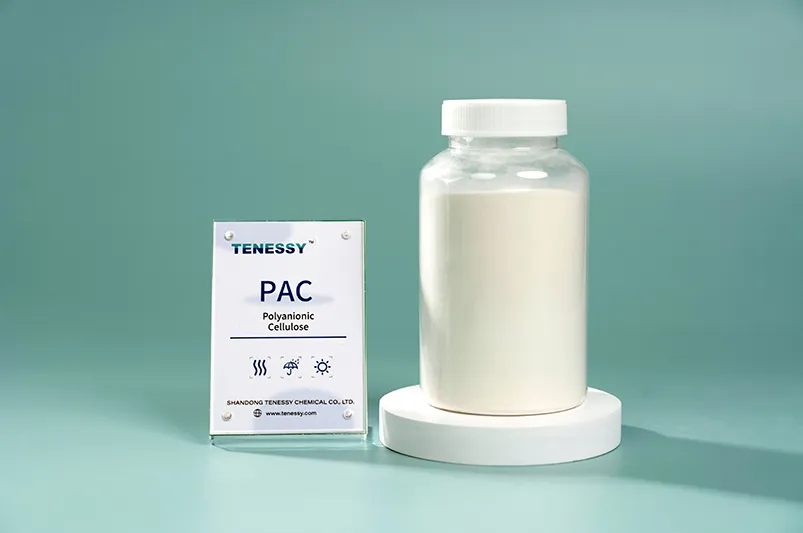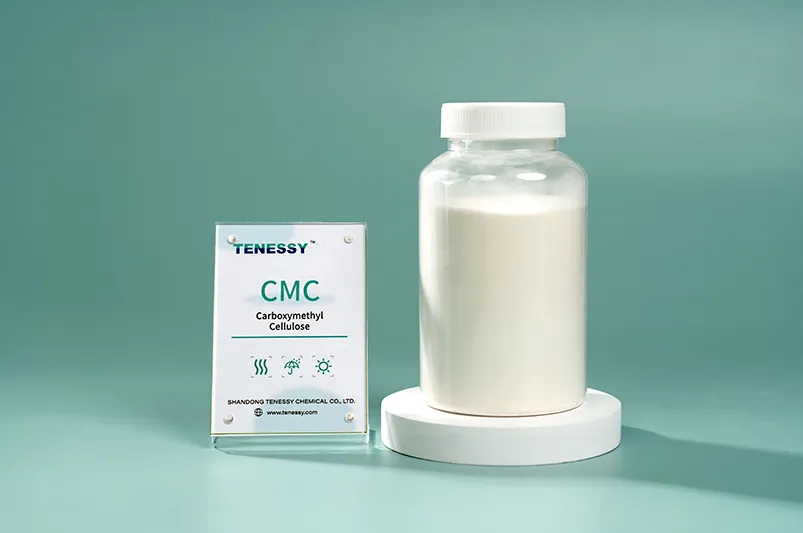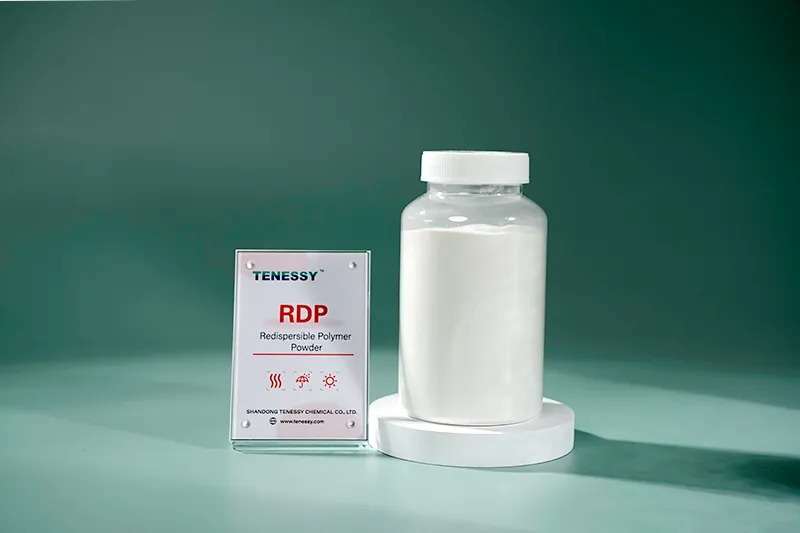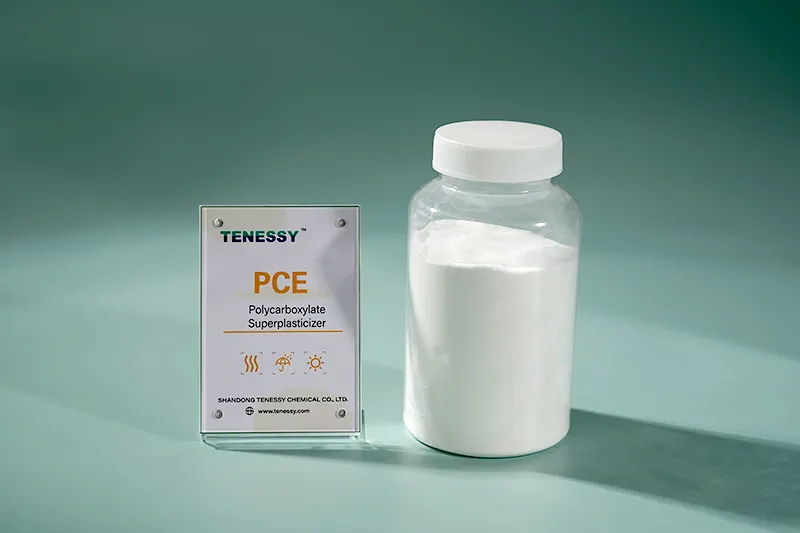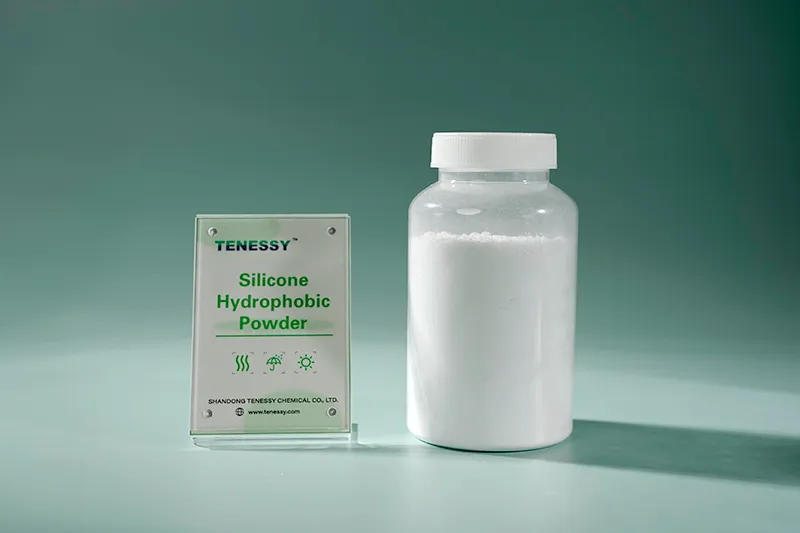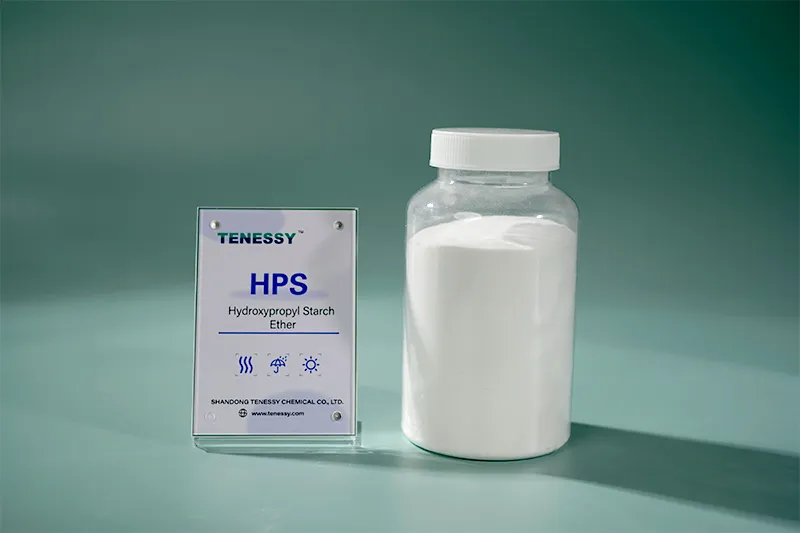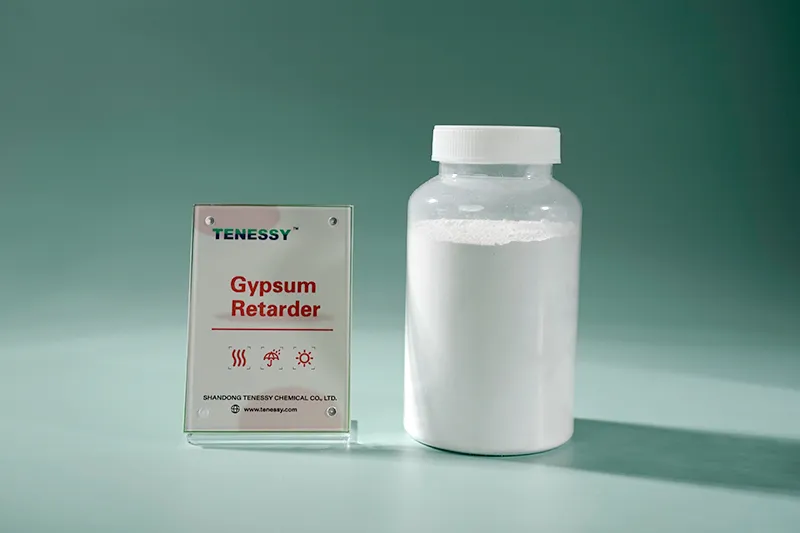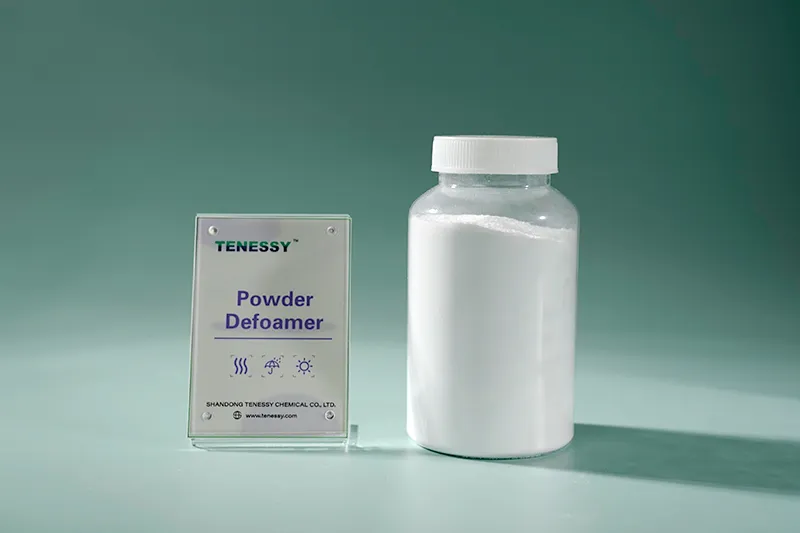Polypropylene Fiber
TENESSY - A Reliable PP Fiber Manufacturer in China
Polypropylene fiber, also known as engineering fiber, concrete fiber, crack-resistant fiber, or synthetic fiber, is made from polypropylene through a special production process. When added to concrete or mortar, it helps control shrinkage, drying shrinkage, and tiny cracks caused by temperature changes. It prevents cracks from forming and spreading, significantly improving the concrete’s crack resistance, water resistance, impact resistance, and seismic strength.
This fiber can be widely used in various applications, such as surface layers for bridge decks, roads, and airport runways, mining and tunnel projects, railways, high-rise buildings, slope stabilization, fire protection systems, concrete repairs, industrial and residential roof and wall construction, waterproofing in basements, water tanks, rooftop gardens, and many types of precast concrete products.
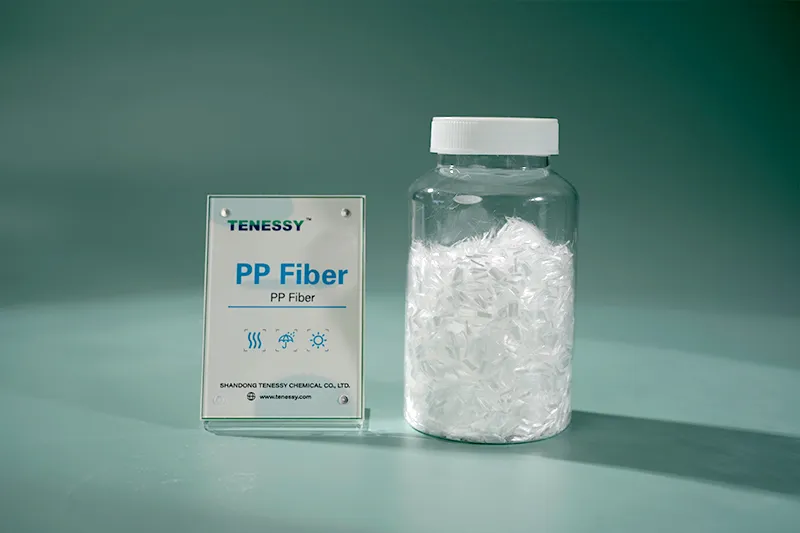
Key Features of PP Fiber
- Lightweight: With a density of about 0.91g/cm³, it’s one of the lightest synthetic fibers. This means it can cover a larger area with the same weight.
- Chemical Stability: It’s resistant to acids, alkalis, and organic solvents, and doesn’t easily degrade in normal environments, giving it a long service life.
- Excellent Physical Properties: It has high tensile strength, is wear-resistant, stretch-resistant, and offers good elasticity, so it doesn’t easily lose its shape.
- Other Characteristics: It doesn’t absorb water, dries quickly, and has some antibacterial properties, making it resistant to mold growth.
| Specification | Value | Specification | Value | |
|---|---|---|---|---|
| Fiber Type | Bundled Monofilament | Length | 3-20mm | |
| Equivalent Diameter | 15-48μm | Color | Natural | |
| Elastic Modulus | ≥3500MPa | Acid/Alkali Resistance (Strength Retention Rate) | ≥96% | |
| Breaking Strength | ≥560 | Water Absorption | None | |
| Melting Point | 160-180 °C | Self-Dispersibility | Good | |
| Specific Gravity | 0.91-0.93 g/cm³ | Safety Performance | Green, Environmentally Friendly, Non-Toxic |

Main Functions of Polypropylene Fiber
As a secondary reinforcement material for concrete, it can significantly improve its crack resistance, water resistance, impact resistance, seismic resistance, freeze-thaw resistance, abrasion resistance, burst resistance, aging resistance, as well as workability, pumpability, and water retention.
- Prevents cracks from forming
- Enhances water resistance
- Improves freeze-thaw resistance
- Boosts impact, bending, fatigue, and seismic resistance
- Improves durability and aging resistance
- Increases fire resistance
Request Your Free Sample Today!
Contact us, and our team will develop a PP fiber sample tailored to your specific needs, whether for laboratory testing or large-scale projects.
We also provide detailed technical datasheets and expert guidance to ensure you have all the information required to select the ideal PP fiber solution.
Main Applications of PP Fiber

Airport Runways
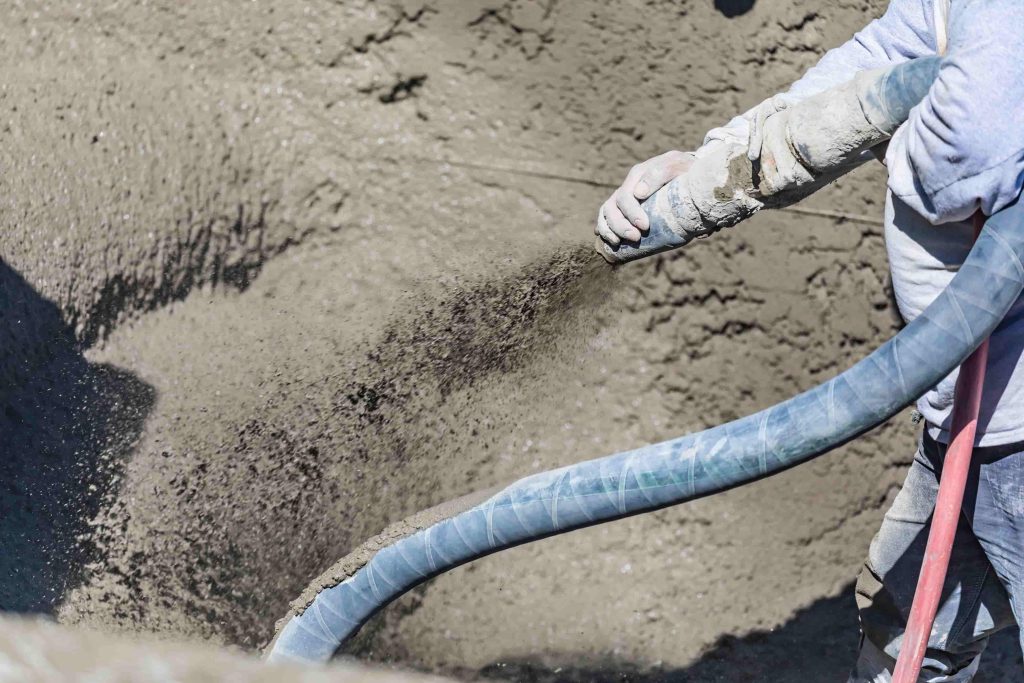
Sprayed Mortar
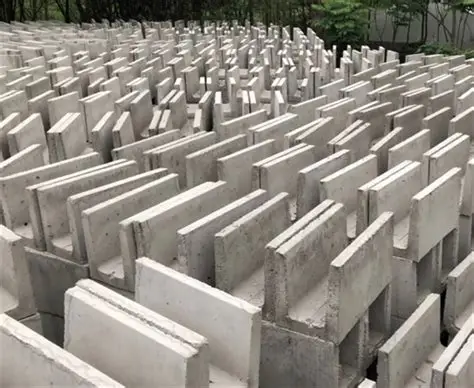
Precast Concrete Elements
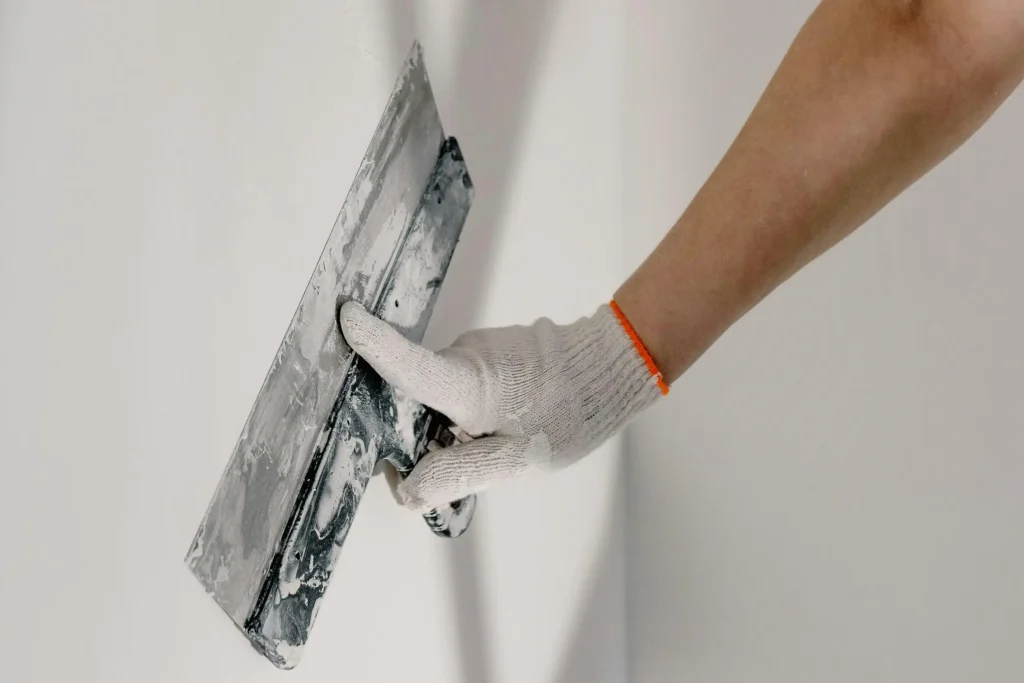
Wall Plastering
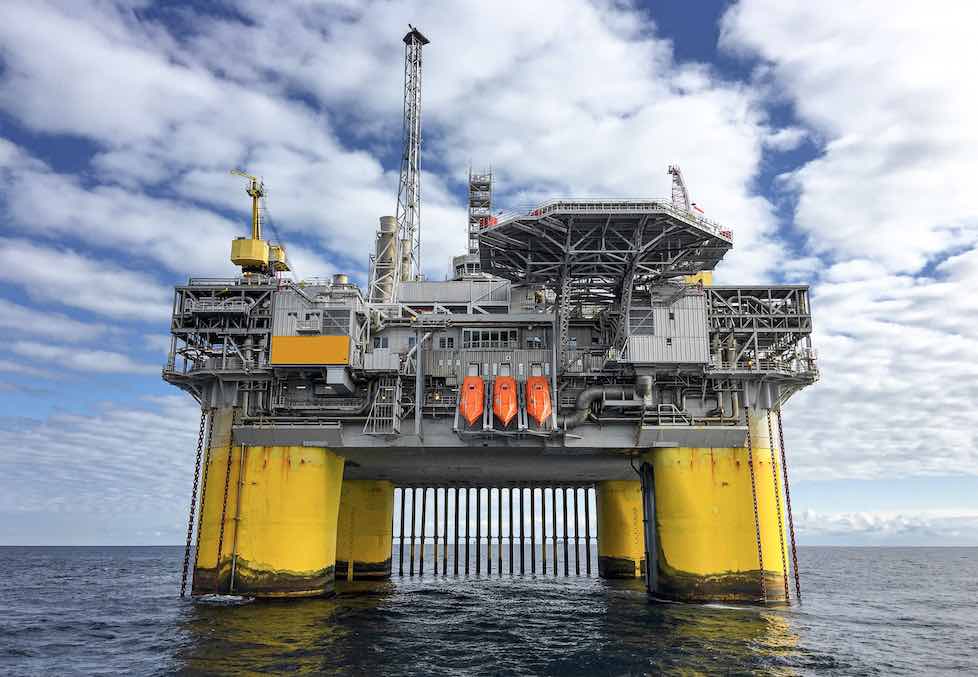
Fire-Resistant Projects
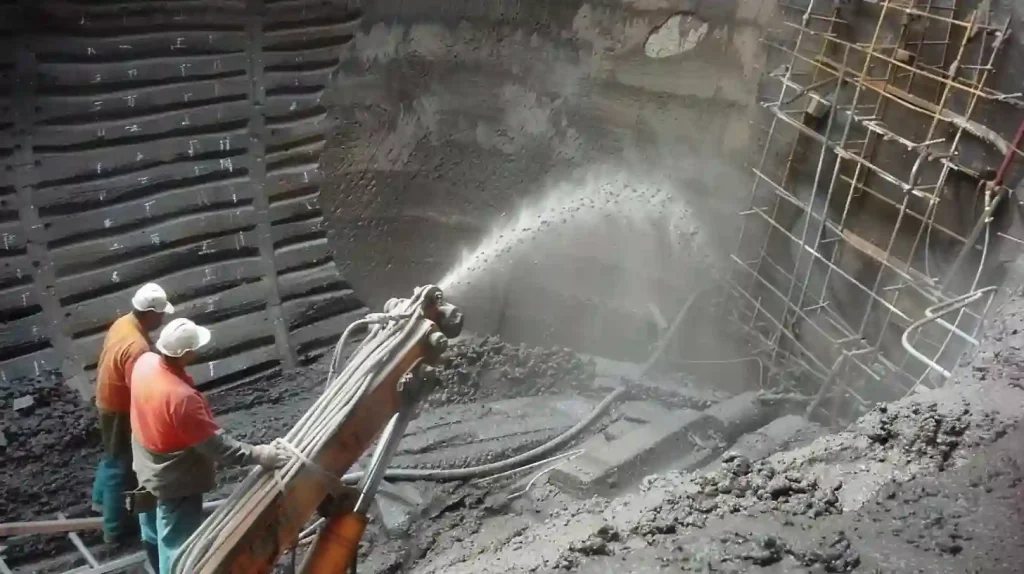
Shotcrete and Tunnel Linings
Usage Instructions
Recommended Dosage
- For regular plastering mortar: 0.9–1.2kg per cubic meter of mortar.
- For insulation mortar: 1–3kg per ton of mortar.
- For concrete: 0.6–1.8kg per cubic meter of concrete (for reference).
Construction Process
- Measure fiber per batch based on mix ratio or dosage.
- Add fiber with sand and gravel in a forced mixer. Dry mix for ~30 seconds, then wet mix with water for ~30 seconds to distribute fiber evenly.
- Check a sample: if fibers are evenly dispersed, use concrete; if clumped, mix for 20–30 more seconds.
- Handle and cure fiber-added concrete as regular concrete.
What Tenessy Offers
Expert R&D Support
Tenessy PP Fiber offers access to an expert R&D team, providing innovative solutions and guidance to optimize your projects and ensure superior performance of the fiber in various applications.
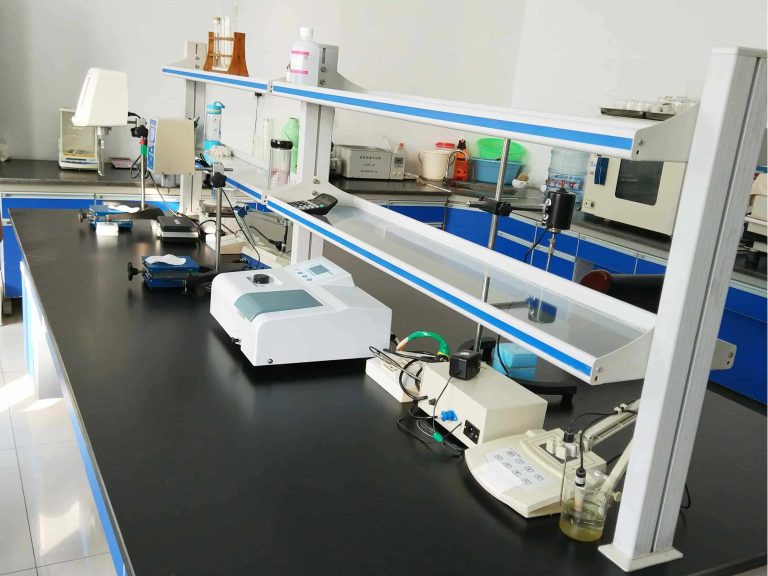
we provide the best quality
PP Fiber Packaging & Sizes
25kg Bag
PP Fiber is packaged in sturdy polypropylene woven bags with a polyethylene lining for enhanced protection. Each bag contains 25 kg for easy storage and safe handling.
600kg Pallet
For bulk orders, PP Fiber is available on 600 kg pallets, with customizable packaging options to meet your project requirements.
Customized Packaging
FAQs
PP (Polypropylene) fiber is a synthetic fiber made from polypropylene material. It’s used as a reinforcement in concrete and mortar to improve their performance, including crack resistance, durability, and strength.
PP fiber enhances concrete by preventing microcracks, reducing shrinkage, and improving impact resistance. It also increases durability by enhancing freeze-thaw resistance, wear resistance, and overall structural integrity.
Yes, PP fiber is versatile and can be used in various concrete applications, including floors, walls, tunnels, roads, and precast elements, to improve performance in both residential and industrial projects.
The recommended amount of PP fiber is typically 0.6–1.8 kg per cubic meter of concrete. However, the exact dosage can vary depending on the project and desired performance.


